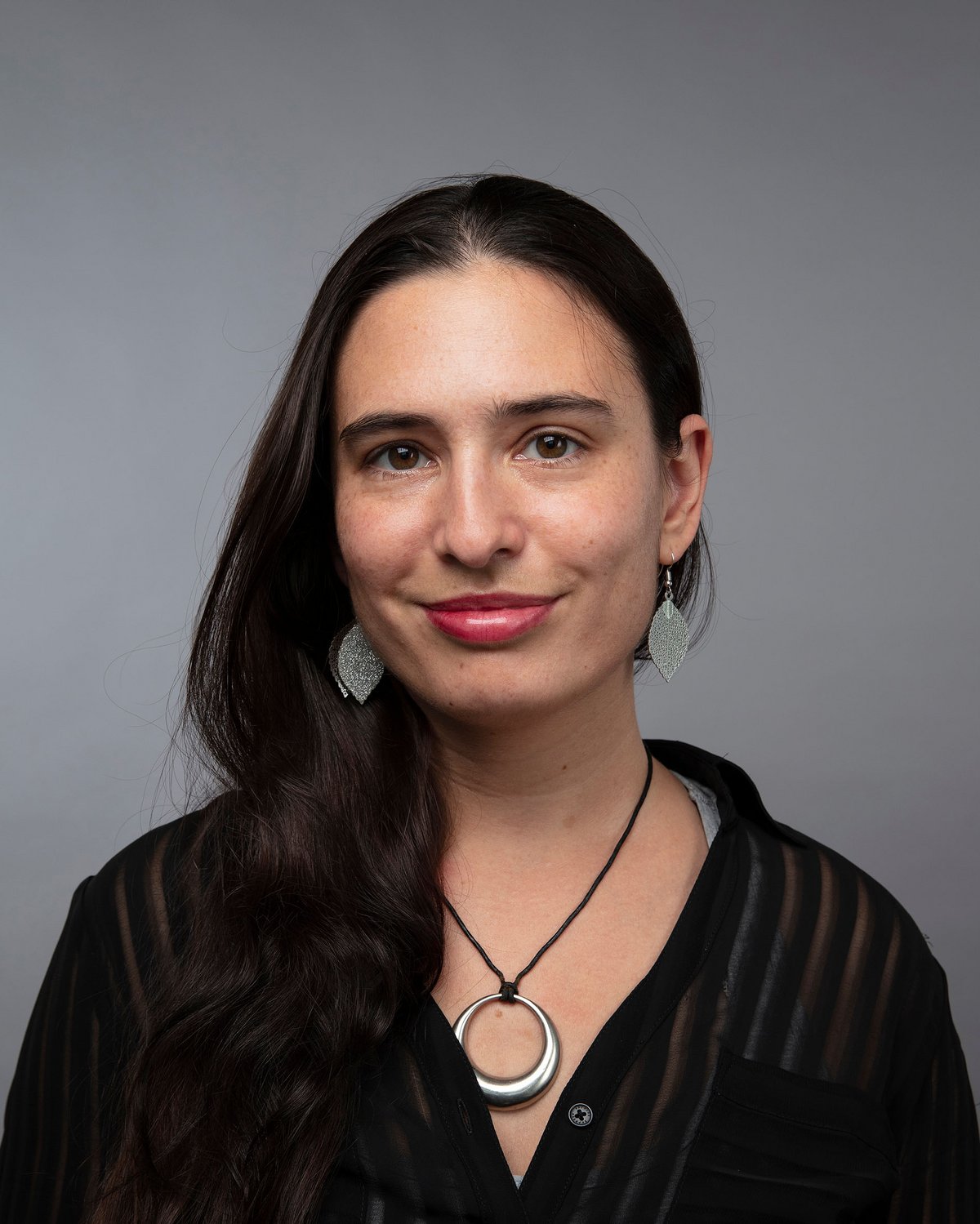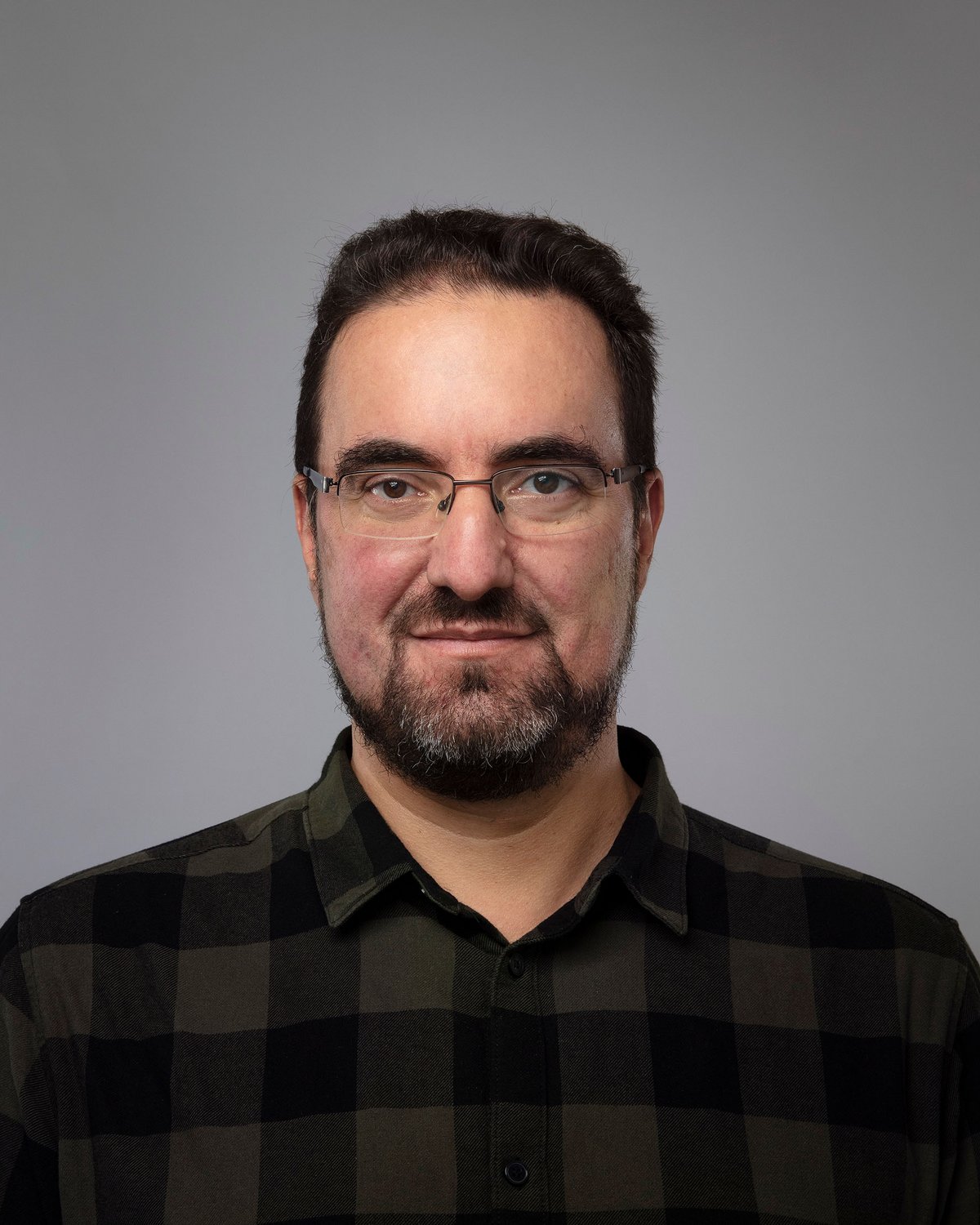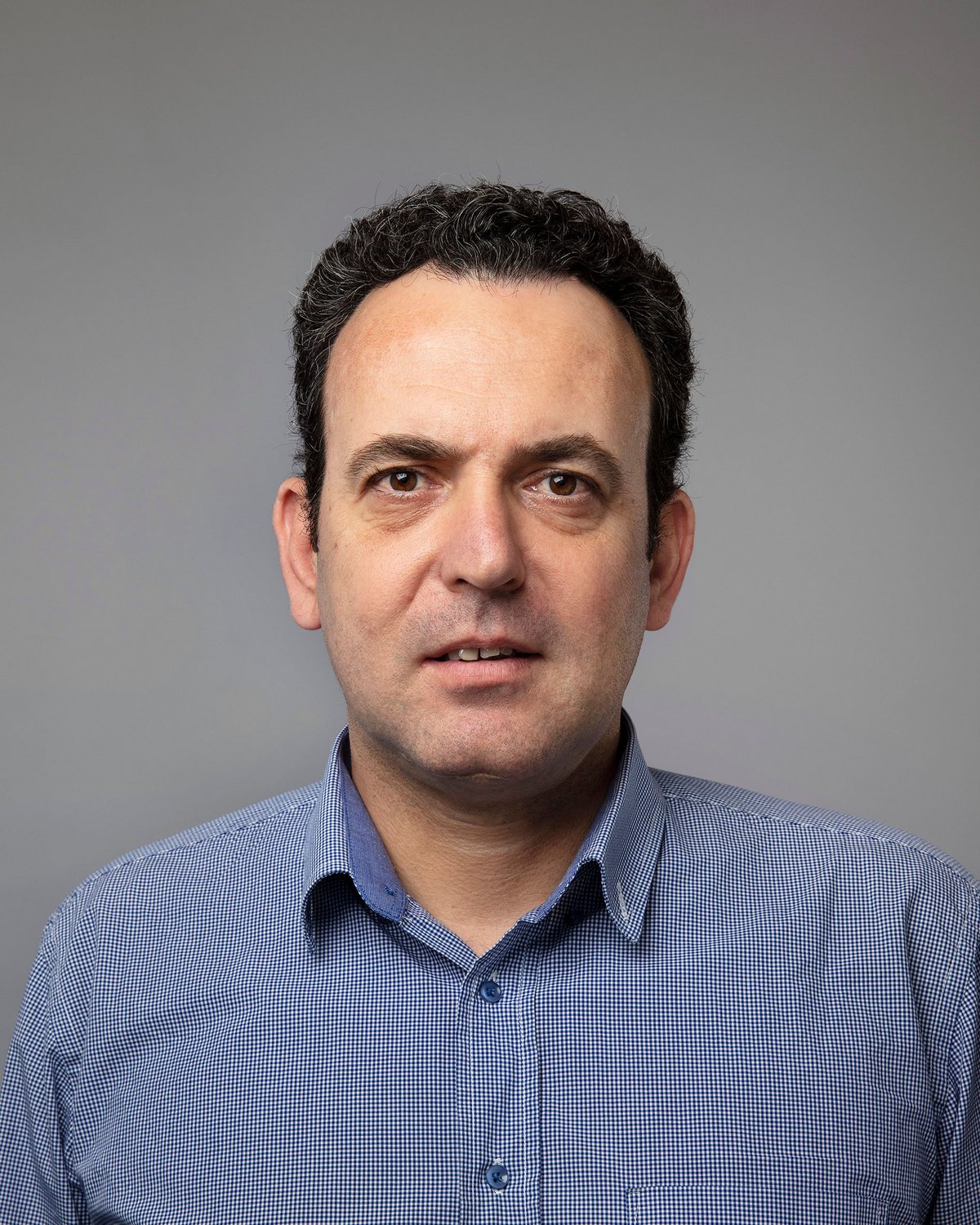Congratulations to assistant professor Sophia Yakoubov, associate professor Panagiotis Karras and professor Ioannis Caragiannis who have received funding from Independent Research Fund Denmark to support their research. Every year, the Independent Research Fund Denmark (DFF) grants funding for hundreds of research projects. This year, 210 researchers across all scientific disciplines have received support from the Danish Independent Research Foundation. Of these, 57 researchers are from Aarhus University.

As data breaches become more common, companies have transferred many digital tasks to distributed, decentralised platforms - such as data clouds and blockchains - to eliminate single points of failure. However, distributed systems are still susceptible to attacks by sophisticated adversaries who can target multiple machines in a system at once.
The You Only Speak Once (YOSO) framework (introduced in our recent paper at Crypto 2021) is a novel paradigm for large-scale secure distributed processing of private data. In a YOSO protocol, each machine sends at most one message; by hiding who will send future messages, YOSO protocols can achieve unprecedented asymptotic communication efficiency while protecting the data from the most powerful kind of adversary.
The first two proof-of-concept YOSO protocols only provide security under unrealistic conditions, or do not scale well. The goal of this project is to eliminate these drawbacks, bringing YOSO closer to practice.

The data generated to meet scientific and social needs is dynamic and heterogeneous. Scientists building open science networks, people exchanging messages in a social network, and encyclopedia editors annotating knowledge, all form networked data, stored and organized in graph databases.
For such systems to facilitate the search for information, they need to progressively adapt to changes in the data and user interests. Current graph databases do not afford such elasticity; they are static artifacts, whose adaptation requires a redesign from scratch.
In this project, we will develop inherently adaptive data structures for managing heterogeneous graph data, building on our previous work on adaptive indexing, graph representations, and graph summarization. We will develop index structures and personalized summaries, constructed incrementally, in response to data requests and updates. Our results will render graph databases more accessible and responsive, democratizing information access.
The project involves collaboration with co-PI Davide Mottin, academic partners at Harvard and Michigan, and industrial partners neo4j, WhiteLab Genomics, and LinkedIn.

Fairness is critical for the viability of solutions in scenarios varying from splitting an inheritance among heirs to sharing responsibility for the protection of refugees among the EU countries.
In the fair division literature, such situations are modelled with indivisible items that have to be allocated to agents so that some notion of fairness among the agents is satisfied. Despite several recent refinements of the notion of envy-freeness, the known fairness concepts are far from ideal, mainly for two reasons. The first is conceptual: the proposed concepts are not known to be satisfied in all problem instances. The second is computational: computing such an allocation is either a computationally hard problem or has unknown computational complexity.
We tackle these conceptual and computational challenges by seeking the answers to a set of concrete foundational questions, which will, in turn, lead to establishing new widely accepted fairness concepts for different allocation problems.